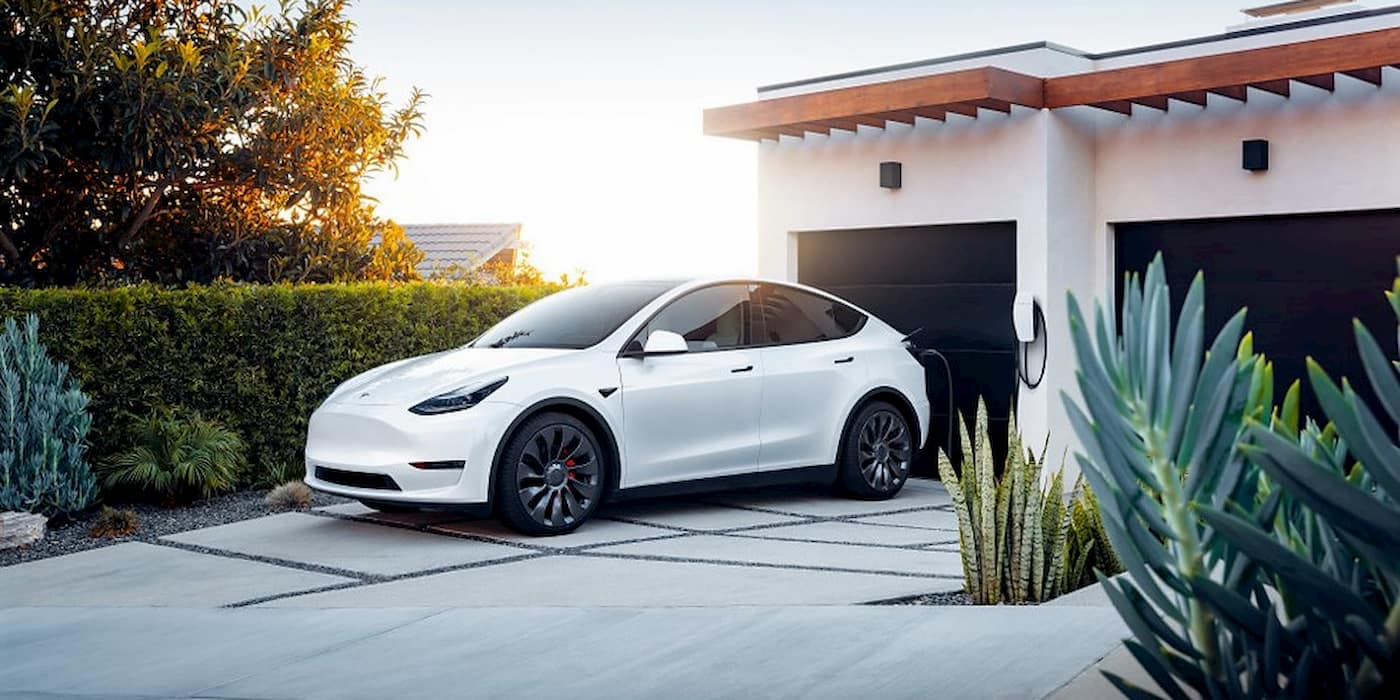
A recent study by JD Power found that EV owners have become increasingly frustrated with their home charging experience for several reasons, including higher electricity rates and charging speeds.
Declining home charging satisfaction among EV owners
Inflation (via the Consumer Price Index) rose at the fastest rate in roughly 40 years following the pandemic, with the prices of everything from lumber to eggs soaring.
Electricity rates were no safe haven. The latest Energy Information Administration data shows average residential rates rose in the US by nearly 10% in 2022 to 14.96 cents per kilowatt-hour from 13.72 in December 2021.
According to JD Power’s recently released US Electric Vehicle Experience Home Charging Study, rising electricity rates are a significant reason for dissatisfaction with home EV charging.
Perhaps, more importantly, the study also shows only 51% of EV owners had knowledge of their utility companies’ programs to assist with home charging. Adrian Chung, director of utility intelligence at JD Power, explains:
By increasing awareness of available rebates or incentives, EV owners will benefit. This can snowball into helping potential EV owners make a more informed purchase decision, as well as minimizing home charging concerns and supporting greater EV adoption.
Several utility companies offer incentives and rebates for purchasing and installing home EV charging infrastructure. For incentives in your area, you can check with your utility company, or ChargePoint has compiled a list by state.
Another reason for the falling satisfaction is charging speed. Satisfaction improved significantly when moving from a Level 1 to a Level 2 charger.
Although over two-thirds of EV owners use a Level 2 charger, this year’s study found that 2022 and 2023 EV owners are less satisfied than 2021 and 2020 owners.
Brent Gruber, executive director of the EV practice at JD Power, explains, “improving the home charging experience should be a common goal shared by all,” adding:
There are programs available today that will help EV owners with the startup costs, such as installing or upgrading to a faster Level 2 charger. There are also programs designed to save EV owners money with the ongoing costs of charging their vehicle, like scheduling to charge during the most affordable time of the day.
Again, the study found that most EV owners have little awareness of the programs and incentives being offered.
Scheduling a charging time increased charging satisfaction, with the highest being among them using the vehicle’s mobile app. As far as home charging units, Tesla ranked highest for level 2 chargers, followed by GRIZZL-E and Emporia.
Electrek’s Take
To be fair, a 12-point decline on a thousand-point scale is minimal. And charging at home still beats going out for gas any day, that’s one of the best parts of owning an electric vehicle.
The big issue is informing EV owners about the products and what benefits they are eligible for to improve the experience.
The Inflation Reduction Act, passed last August, is designed to bring energy costs down. According to the White House Briefing, “families that take advantage of clean energy and EV tax credits will save more than $1,000 per year.”
Top comment by Dan Drake
I have been charging my EV (2105 Leaf, replaced by a 2022 Leaf) at home for more than 8 years with a very simple Level 2 charger. I bought the charger with no incentives and don't have special electric rates. I believe it cost me $450, with another $400 for the electrician to connect it to my service. My Leaf charges itself late at night, then the charging system wakes up before I do and warms up (or cools off) the vehicle's cabin to send me off for the day in comfort.
Would it been neat to charge faster? Sure, but it's not really necessary for my use case. I couldn't be happier with my charging setup (and my Leaf).
I am frankly getting a little tired of the continued EV attacks in the press. If you don't want an EV, don't buy one, but quit publishing articles that suggest the technology is unsound or that it costs more to charge an EV than to fill a tank with gasoline. Let's keep it real.
Through the federal tax credit, EV buyers are eligible for a credit of 30% (up to $1,000) of the cost of their home EV charger.
The findings of the study indicate one thing – more awareness is needed. Although there is not much we can do to influence energy rates, there are ways to save money and increase satisfaction.
One of the best ways to find out what incentives you are eligible for is by calling your utility company directly.
Utility companies can play an integral role in the rollout of zero-emission electric vehicles by working with their customers and using technology like vehicle-to-grid (V2G) to save energy demand during peak hours to bring down energy costs.
FTC: We use income earning auto affiliate links. More.



Comments